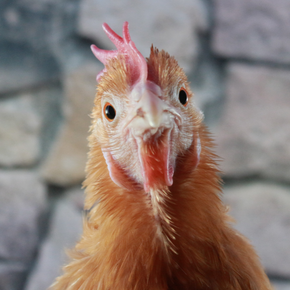
November 2, 2022
The UK’s bird population is experiencing its biggest ever outbreak of avian influenza (bird flu), with cases found in wild and captive birds. 47.7m birds have been culled since September 2021, with more than 150 cases confirmed since late October 2021. Our Head Farm Vet summarises the latest protection measures and shares the bird flu symptoms to look out for.
Chief Veterinary Officers for Scotland, England, and Wales have brought in measures to help protect poultry and captive birds against bird flu:
Signs & symptoms of bird flu: Type 1 – Highly Pathogenic Avian Influenza (HPAI). Clinical signs can vary between bird species and include:
Type 2 – Low Pathogenic Avian Influenza (LPAI) can cause mild breathing problems, but affected birds won’t always show clear signs of infection. If you notice any potential bird flu symptoms, you can ask our farm vets for advice. Ask us about bird flu symptoms
Bird flu can also affect humans and other mammals through close contact with infected birds or their droppings, but not by eating fully cooked chicken and other poultry products. It’s important to remember that the risk to humans is low.